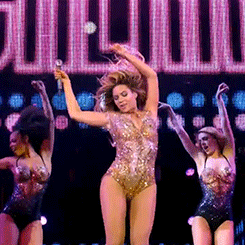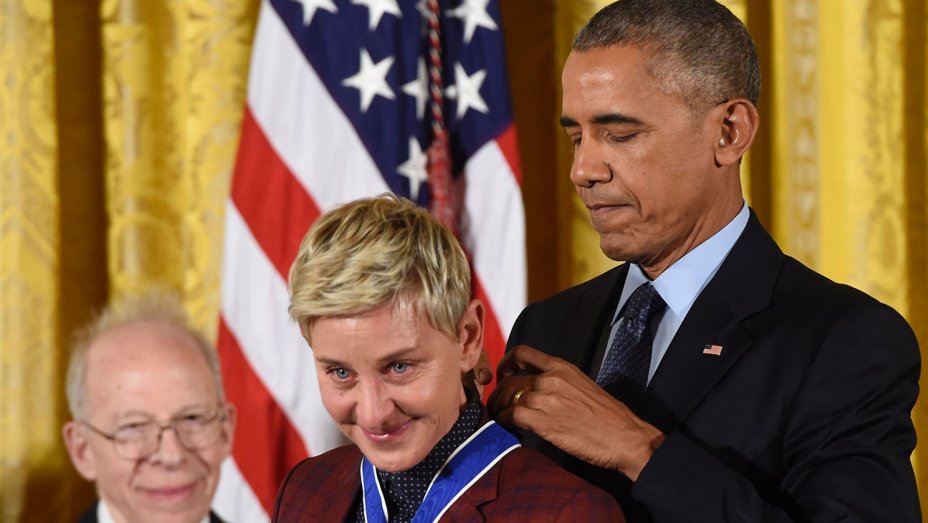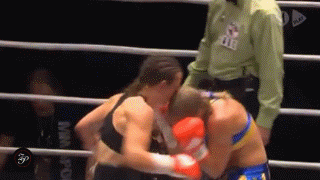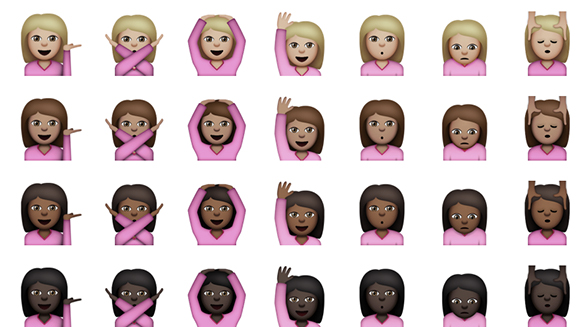Ever heard: “Stop Being A Girl”?
Imagine this scenario:
Someone is upset and they are crying out in public or in their own home. They are feeling sad, frustrated, hurt or even betrayed. They are expressing these feelings through their tears.
Their best friend, or brother, or partner, or mum tells them to stop crying.
More specifically, they tell them to “stop being such a girl,” or they say “you’re acting like a girl” or “only girls cry’.
When did ‘being a girl’ become an insult and why hasn’t it stopped already?
The message behind this advice translates plainly to “stop being female“.
Young boys are often taught from a young age to suppress their emotions, to ‘man up’, to ‘stop being a girl’- and many young men conform, for fear of being labelled ‘gay’ or ‘feminine’ – adjectives that have (wrongly) come to be synonymous with weakness. Exhibiting certain behaviours – especially vulnerable behaviours such as the act of crying – are strongly associated with femininity (weakness) and so a culture of shame and embarrassment surrounds it.
However, the effects of this stoicism, suppression and denial are catastrophic: suicide is the biggest killer of young men in the UK.
We think it’s time everybody knew: crying is actually good for you!
It’s perfectly normal and actually really healthy for people to cry, irrelevant of their gender; it relieves stress and helps us process what we are feeling, helping us to move on in a positive way from a traumatic event. It might sound obvious but we are meant to feel our feelings – every single one of them! Even the uncomfortable ones! Bottling up emotions can lead to serious issues with your mental health, such as depression.
“It might sound obvious but we are meant to feel our feelings – every single one of them! Even the uncomfortable ones!”
And it is not just the act of crying where the put down of “being a girl” is used.
The imagined weakness of being a girl is transferred to other areas of life, especially sports. If you were told ‘you run like a girl’ or ‘throw like a girl’ how would it feel? Would you feel complimented or insulted?
Being told to ‘take it like a man’ or ‘grow a pair’ are also common expressions in everyday language. It further reinforces the link between masculinity as strength and femininity as weakness. Want to know a secret? Your ability to be courageous and strong – be it emotionally or physically – has in fact zero to do with your gender.
“If you were told ‘you run like a girl’ or ‘throw like a girl’ how would it feel? Would you feel complimented or insulted?”
Key findings from our Gender Report 2016 highlighted the powerful impact gender has on our experiences:
- 35% of teenage girls believe their gender will have a negative effect on their career prospects versus 4% of boys.
- 44% of respondents (43% male, 45% female, those who identify as trans 79%) have been treated unfairly for not conforming to gender stereotypes.
- A high 59% of respondents felt men were better at a career in sport than women, while only 1% of respondents felt that women were better than men.
As one of the leading anti-bullying charities gender equality is very high on our agenda and our research is a crucial tool in unpicking all the complexities.
So the next time you are told, you run ‘like a girl’ or cry ‘like a girl’ or to simply just stop ‘being a girl’, remember this.
Jump like a girl

Dance like a girl

Run like a girl

Cry like a girl

Kick like a girl

Punch like a girl

Throw like a girl














